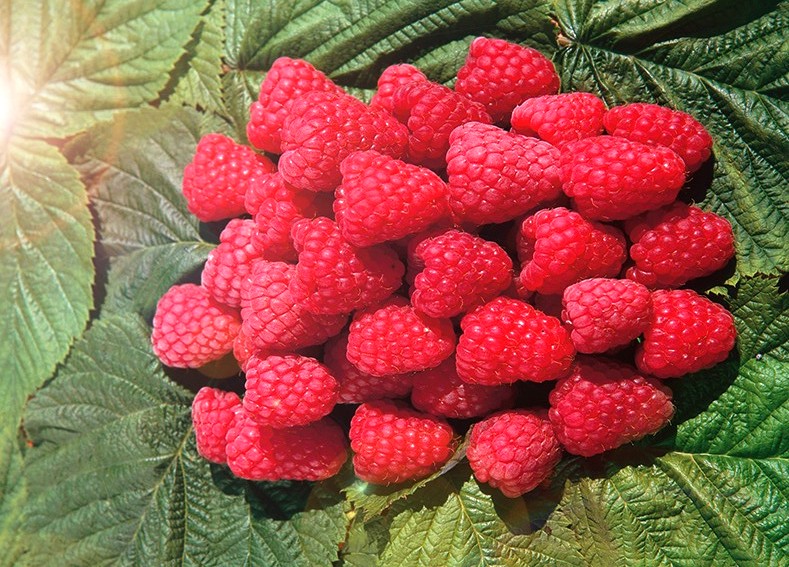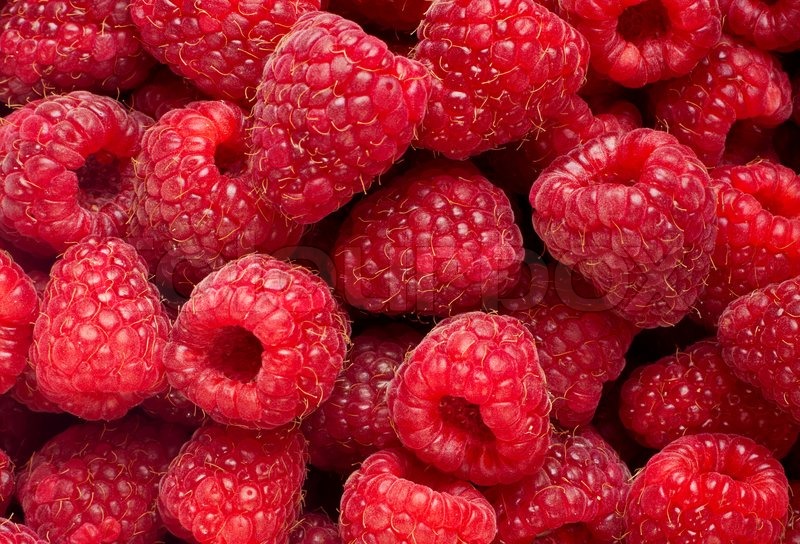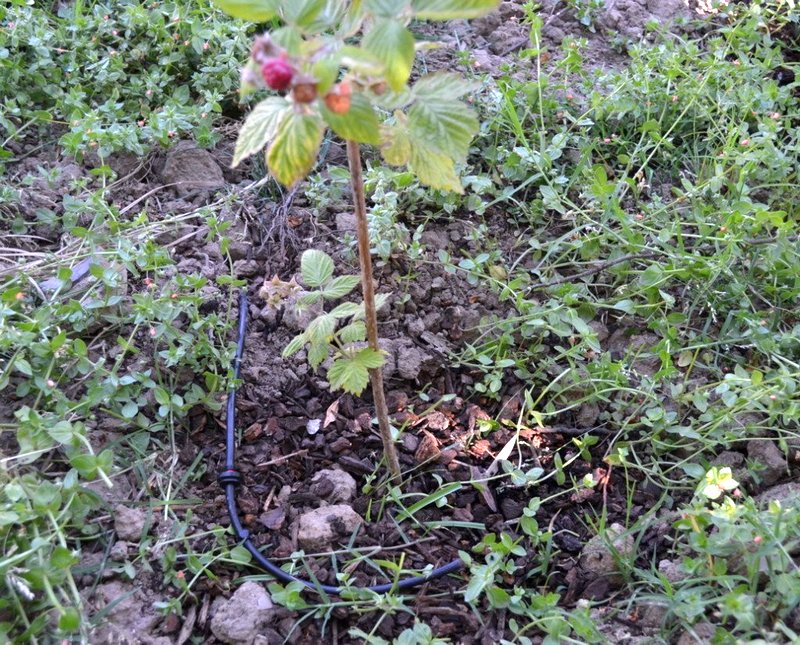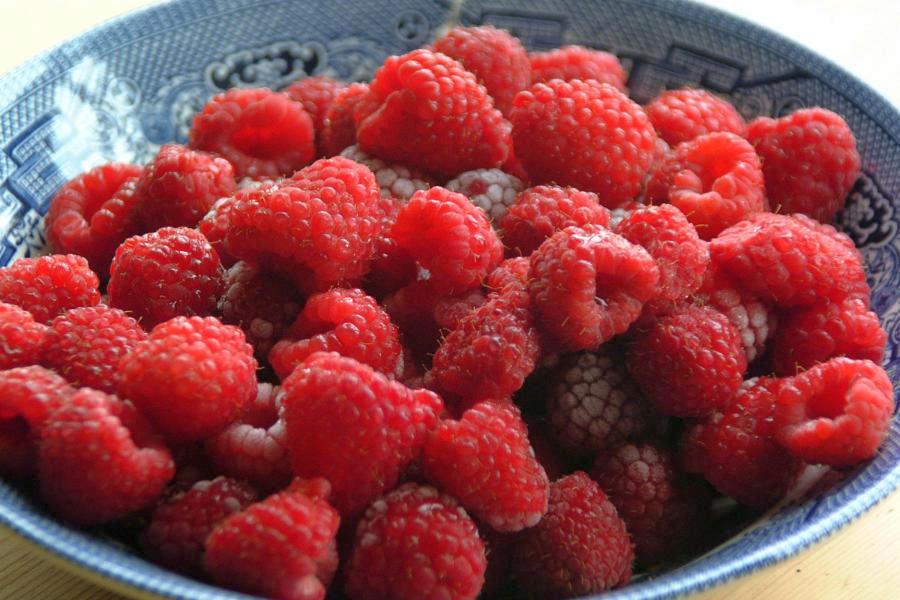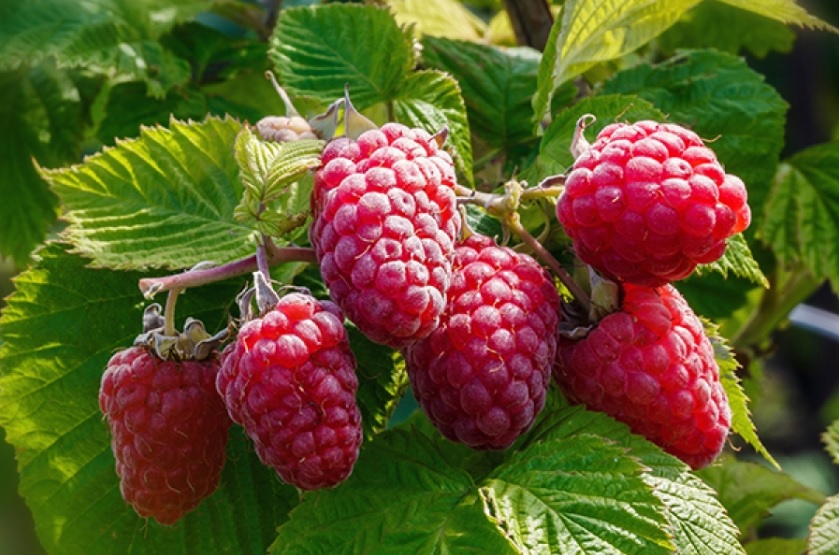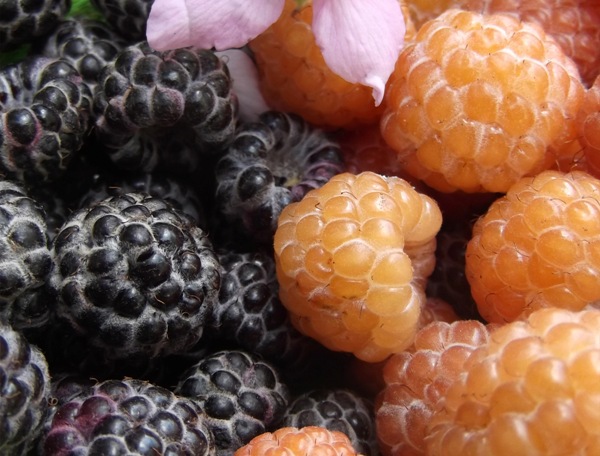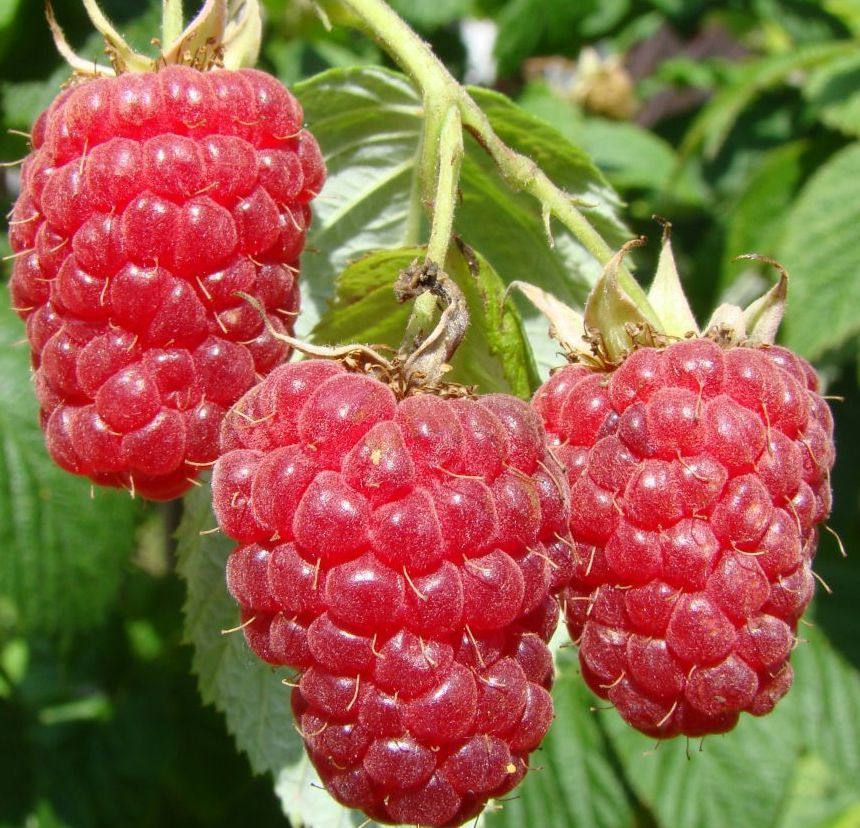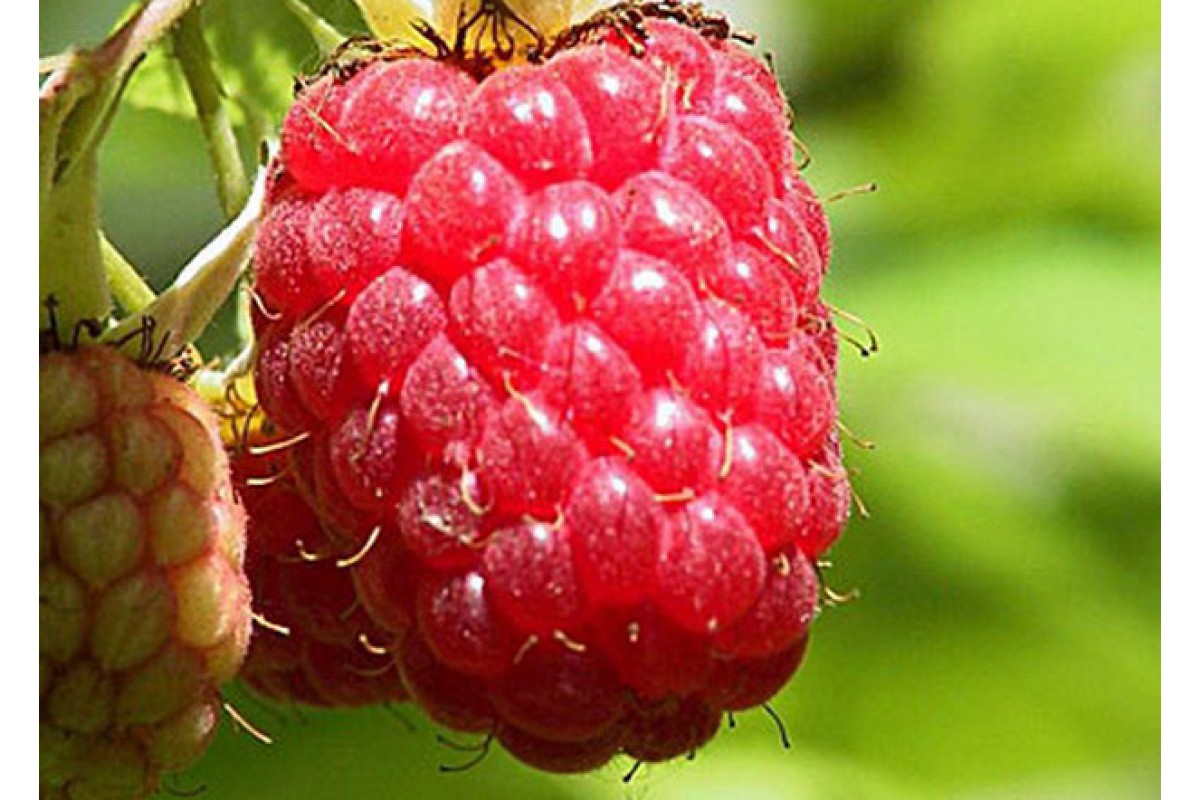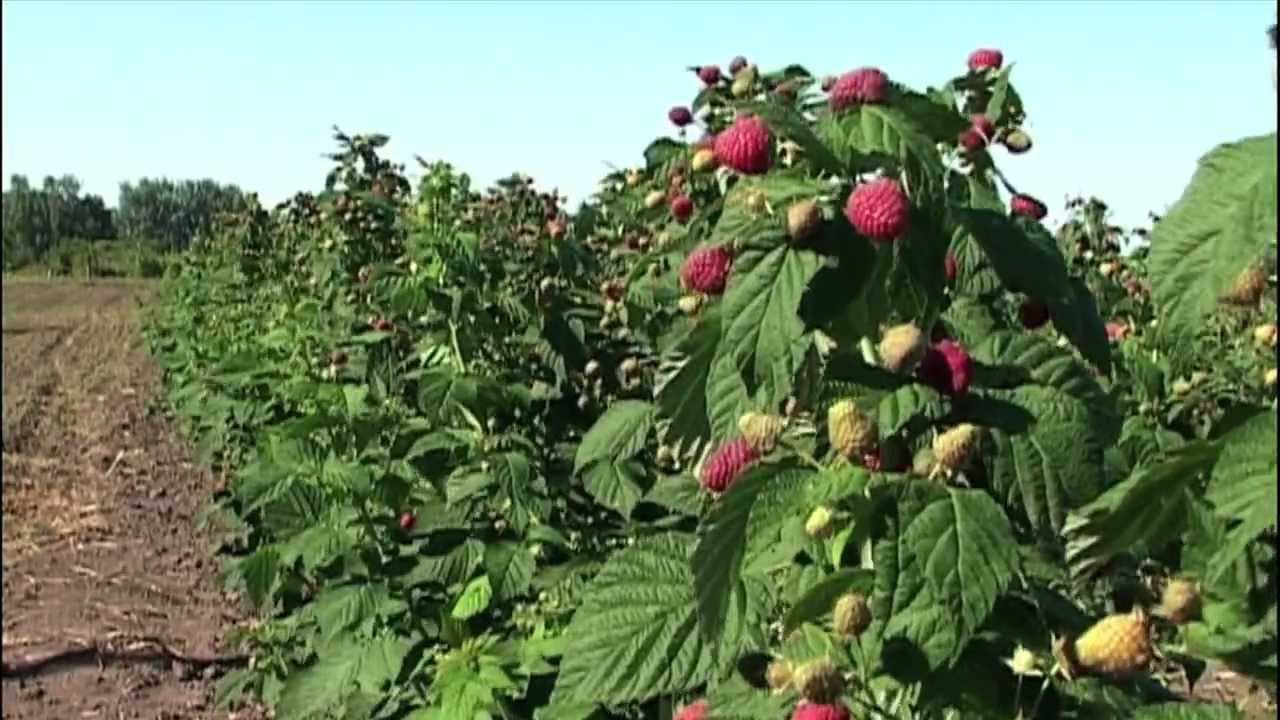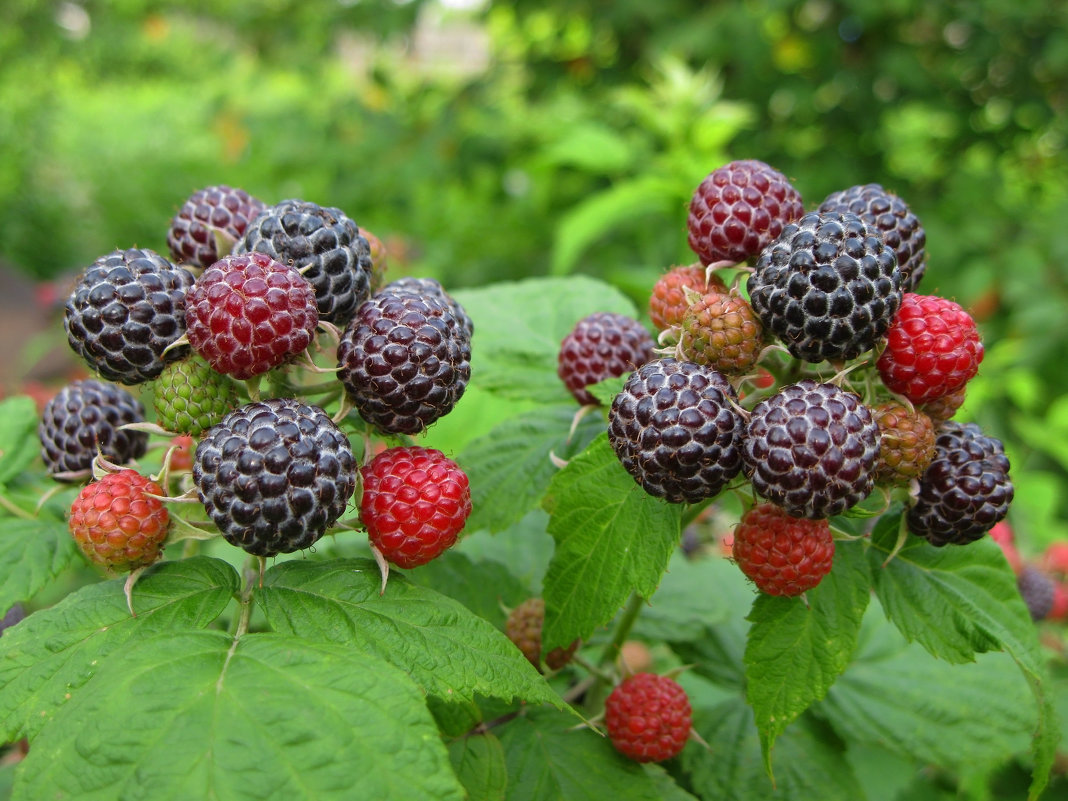Raspberry Meteor (Meteor) is the result of the work of a whole group of domestic breeders. The berry has excellent characteristics and is suitable for growing, both for its own purposes and for sale.
Description
Raspberry Meteor, in accordance with the description of the variety, has erect and powerful bushes up to two meters high. The tops of the plant have a slight waxy coating. Thorns on the stems are also present, however, in small quantities and do not interfere with the care of the shrub. It is allowed to grow this variety of raspberries without a garter, but any experienced gardener would prefer to do this to make it easier to handle densely growing bushes. Every season on each of the bushes of the varietal raspberry Meteor, about 20 young shoots are formed.
The characteristics of the raspberry berry itself are very average - the weight of the fruit is on average about 3 g. But if the plant is provided with perfect care, individual specimens can grow up to 6 g. What impresses in the most pleasant way is the taste of the fruit: it is very sweet, practically without acidity. But raspberries are especially highly valued for their unpretentiousness. The plant does not require careful maintenance and any difficult growing conditions.
Among other things, the described variety of raspberries has a high resistance to subzero temperatures, as well as diseases and pests.
Among the disadvantages of the variety, one can only note the susceptibility of Meteor to infection with purple spot, shoot gall midge and spider mite.
Since the variety belongs to the early ripening, both on old and young shoots, the fruits appear almost at the same time. Such amicable ripening of berries especially pleases those farmers who breed raspberries for sale. The yield is generally quite high - from 3 to 5 kg of ripe berries are harvested from the bush.
Raspberry Meteor is a type of raspberry bush with an excellent self-fertility rate. Despite this, many summer residents prefer to additionally increase the number of ovaries. For this purpose, in the immediate vicinity of the raspberries of the described varieties, other varieties of berries with a similar ripening period are planted, which ensures pollination.
Among the main advantages of the variety are the following:
- versatility;
- unpretentiousness;
- no urgent need to tie up bushes;
- good shoot-forming ability;
- excellent taste and amazing aroma of berries;
- the content of vitamin C in fruits is from 15 to 30 g per 100 grams of fruits.
In addition, Meteor can withstand temperature extremes and cold, so that its landing is possible in almost any region of our country.
Plant care
In order not to be disappointed with the result, raspberries should be provided with proper care.
Landing
Planting varietal raspberries Meteor can be carried out in spring or autumn. Long-term practice shows that spring planting of plants is much more successful and productive. They are significantly ahead of the growth of those seedlings that have fallen into the open ground since the fall.
For planting, pits or trenches are prepared in advance. You can grow raspberries in rows or in a bush method. There is no particular difference between these two options. It is rather a matter of personal preferences of the summer residents themselves. The most important thing is to keep the distance between landings. Between the rows there should be about 1.5-2 m, and between the plants when planting in rows - half a meter, and when bush planting - 0.75 cm.
When planting plants in the soil, you need to carefully straighten the roots. In no case should they bend up.
After planting, each bush should be watered abundantly. The volume of irrigation varies from 6 to 10 liters of water per one running meter of raspberries.
At the very end, the soil should be mulched. As mulch, compost, manure or grass clippings are ideal.
Watering
Watering raspberries Meteor is one of the most important elements of plant care. It is especially important in the case of dry, hot summers. Three buckets of water are enough for a square meter of raspberries.
It is imperative to maintain watering rates. Otherwise, the berry will become smaller and sour, and the overall yield will decrease significantly.
It is imperative to water the raspberry bushes at the beginning of flowering and during the most active growth of the shoots.
Top dressing
To improve fruiting, Meteor raspberries must be fed. Organics are usually applied three times a year. Enough five kilograms of organic fertilizer (cow dung or chicken manure) per square meter of planting area. As for feeding with mineral compositions, it is carried out as follows:
- in the spring, about 20 g of ammonium nitrate is introduced into the soil;
- during flowering, spraying is performed with karbofos;
- when preparing plants for wintering, phosphorus-potassium fertilizers are applied to the soil.
Any feeding must be combined with watering or done after rain. This improves the dissolution and absorption of useful elements into the soil.
Pruning
Without periodic pruning, it will not work to get a good harvest of Meteor raspberries - the plant will thicken, and all the nutrients will go into growth.
Usually, the procedure is carried out from the second year after planting the shrub, twice a year. For the first time in the spring, poorly survived winter and weak branches are removed. In the autumn period, last year's shoots are completely cut off, which have already managed to bear fruit, leaving only young growth.
Correct pruning of raspberries, among other things, prevents the development of all sorts of diseases and reduces the risk of harmful insects.
Raspberry Meteor is in rather high demand among domestic summer residents. This is a decent variety, which will find a place on almost any personal plot.
